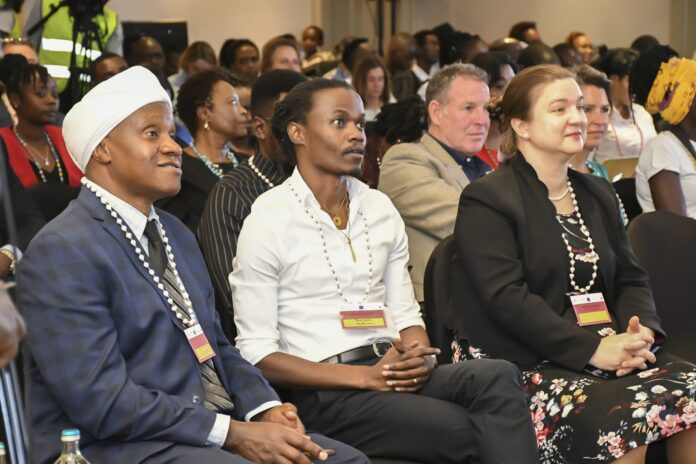
By Henry Owino
Nairobi, Kenya: A new buzzword in town is the Circular Economy (CE) and what does it mean to you and me? The CE is giving waste a new life and in its wake offers several opportunities for Africans.
The circular economy is inspired by nature. It aims to keep raw materials in a closed loop, maximizing their use, reducing the need for new ones, avoiding waste, and extending the life cycle of products.
In a circular economy, waste is turned into raw materials for new products, just like in nature. The 3Rs—reduce, reuse, and recycle—are the traditional pillars of this philosophy.
Circular economy differs from the current economic system; the linear system, in which products are manufactured, used, and disposed of. The circular system is based on three principles, driven by design: eliminate waste and pollution, circulate products and materials at their highest value, and regenerate nature. It is a resilient system that is good for business, people, and the environment.

However, the lack of this information or ignorance of it among many African countries makes it look like a new terminology or jargon. Many nations have been striving to give waste a new life in all aspects of their core business and thus circular economy.
Ntobeko Boyana, CEO, of BenPeta Green Materials Holdings based in South Africa said the circular economy offers solutions to the current linear value chain. It addresses environmental, social, and economic issues which are limits of the world system.
“Circular economy is not waste management but resource management. It is about economic and social benefits not recycling for the sake of saving grace to the environment,” Boyana substantiated.
Boyana argued that the population is increasing while resources are not, hence the system is based on a determination to create value with as few virgin resources as possible. It involves reducing the use of fossil carbon in the value chain while improving sustainability performance.
In a circular economy, organizations or industries constantly develop innovative technologies to create sustainable products. This leads to increased profits, job retention, and the hiring of additional staff.
For example, an organization may want to focus on the optimal utilization and processing of all raw materials, as well as the efficient recovery of chemicals, water, and energy. As a result, waste management is at the core of an effective circular economy.
Opportunities
In such organizations, the waste arising from the production process can be used as a raw material for other processes. That way, reducing the need for new resources, avoiding waste and increasing resource efficiency. At the end of production, environmental impacts are minimized.
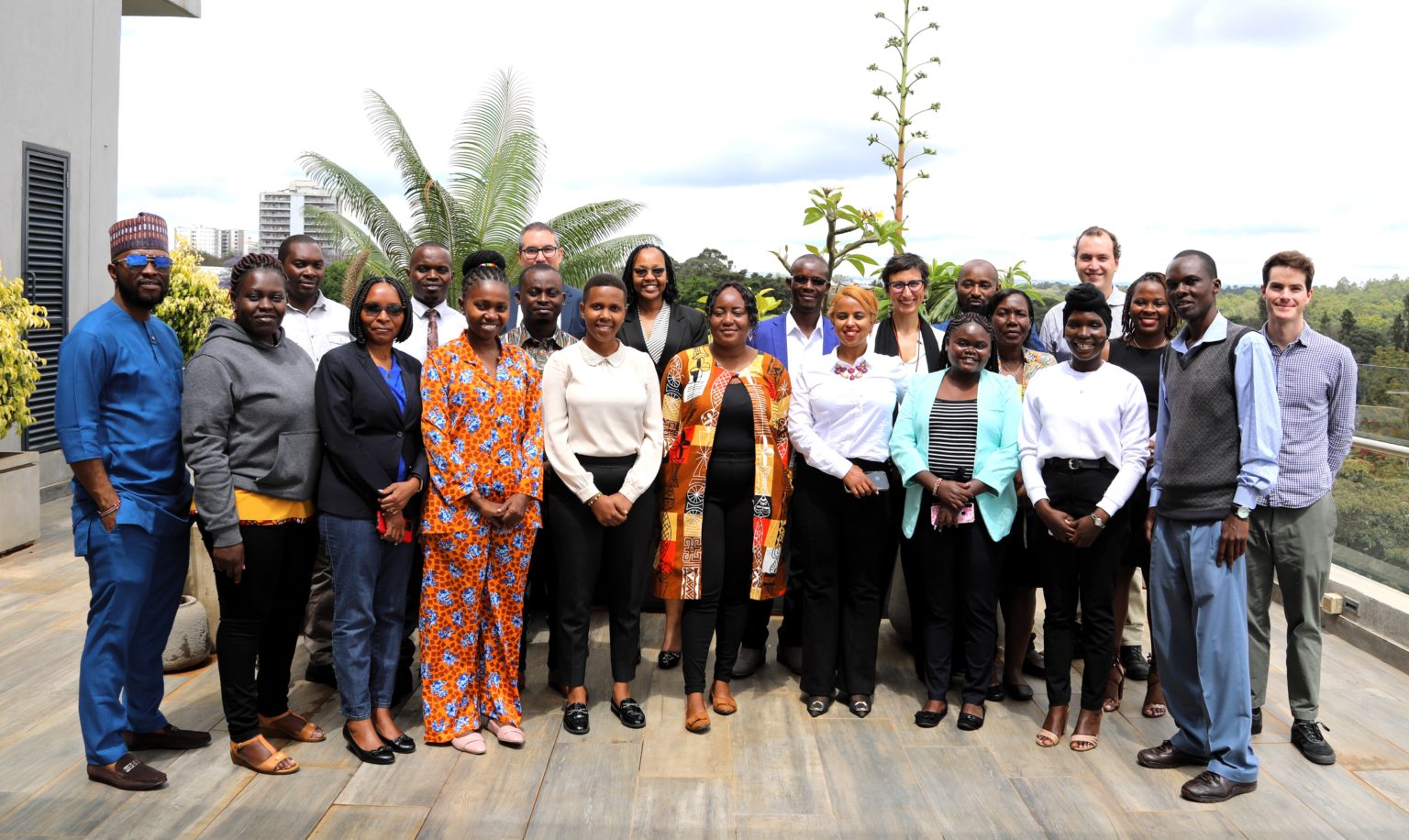 The week-long training of 15 journalists drawn from seven African countries: Kenya, Tanzania, Uganda, Ethiopia, Rwanda, Ghana and Nigeria had a role to play afterward. The task is basically to cascade the circular economy concept in their respective countries and across Africa through various media channels including vernacular outlets.
The week-long training of 15 journalists drawn from seven African countries: Kenya, Tanzania, Uganda, Ethiopia, Rwanda, Ghana and Nigeria had a role to play afterward. The task is basically to cascade the circular economy concept in their respective countries and across Africa through various media channels including vernacular outlets.
According to Julien Chombolle, Secretary General, Africa 21, the 15 scribes were selected from 60 applicants based on their expertise, networks, specialism, and geographical locations among others. The selection Panel found them professional journalists and best suited for the Circular Economy training programme.
Chombolle said the media plays a central role in sensitizing and creating public awareness and so, the experienced journalists were brought on board for a rigorous seminar on circular economy. The seminar adopted a hybrid module thus; a “live” in-person meeting with a “virtual” online component to suit speakers in the diaspora.
“One of the setbacks in the circular economy in Africa has been the transition from linear economy and the other is lack of awareness. It is against the two major backdrops that Africa 21 has taken the initiative to train Science and Environmental Journalists in Eastern and Western Africa to explore insufficient information that limits the progress using their professional tools,” Chombolle explained.
Circular Situate
The seminar also had a field visit to Mr Green Africa factory that converts locally collected plastic waste into high-quality Post Consumer Recycled (PCR) plastics and sells it as a substitute for imported virgin plastics at competitive rates.
According to Christian Mang’ali, Project Manager at Mr Green Africa, the project is the first recycling company to be a Certified B Corporation on the African continent. It leverages business as a force for good to realize sustainable, long-term social, environmental, and economic impact through the collection, conversion, and selling of post-consumer plastic waste.
“Our technology is driven plastics collection model enabling waste collection at the source, integrating informal waste workers, micro-entrepreneurs, and consumers into our formal value chain, increasing the amount of post-consumer plastic waste,” Mang’ali clarified. Adding; Mr Green Africa collects and provides stakeholders the chance to earn a fair, predictable, and transparent income and benefits.”
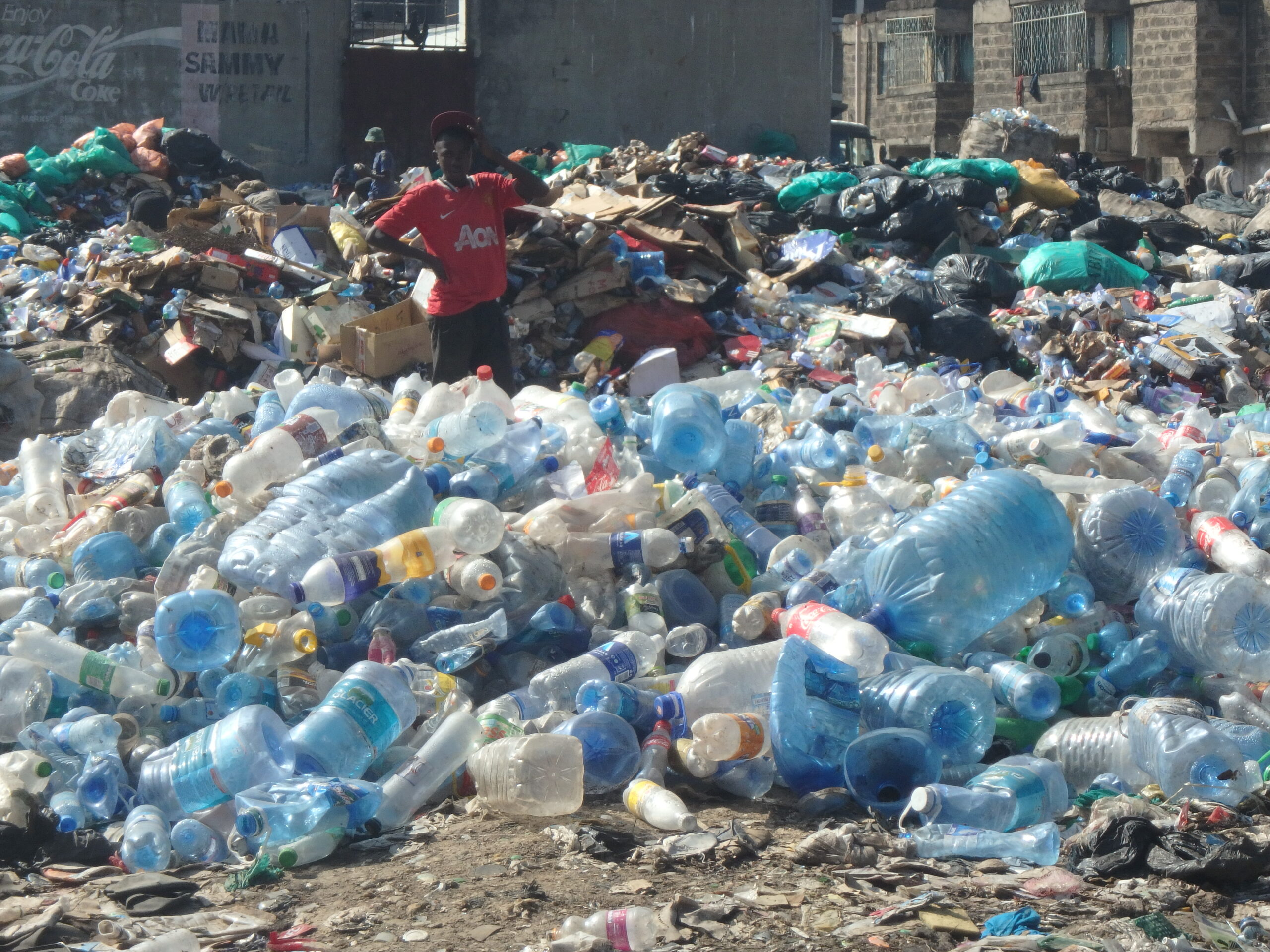
Mang’ali disclosed the factory has approximately 300 casual laborers working in shifts and permanent staff excluding strategic impact collectors famously known as waste-pickers. The teamwork is to change the negative perception of waste, especially plastics.
The waste pickers are invisible heroes whose work is cut out from picking, collecting, and delivering the plastics to the factory. They create the most value in the whole waste-recycling chain thereby making major contributions to society and the environment.
Robert Njoroge, Plant Manager at Mr Green Africa said to close the loop, the factory works closely with brand owners and third-party plastics manufacturers to develop and execute three-way off-take agreements for high-quality PCR, helping FMCGs and others realize their sustainable packaging goals by accessing ethically sourced, locally produced PCR.
“Fast-moving consumer goods, (FMCGs) also known as consumer-packaged goods, are products that are sold quickly and at a relatively low cost. Examples include non-durable household goods such as packaged foods, beverages, toiletries, candies, cosmetics, over-the-counter drugs, dry foods, and other consumables hence we reproduce materials in the form of plastic pellets,” Njoroge explained.
Experts Perspective
The Science and Environmental Journalists also had a chance to attend the KEPSA 8th Annual Conference this time round on Circular Economy and Expo in Nairobi. The conference brought together non-governmental organizations (NGOs), civil service organizations (CSOs), private sector companies, government organizations, entrepreneurs, businessmen, and women whose focus was on improving knowledge and information regarding circular economy opportunities, promoting and raising awareness about green jobs for young people and women.
The conference offered more opportunities for the team Africa 21, journalists to meet and interact with various Scientists, Environmentalists, Researchers, Eco-activists, leaders, experts among other stakeholders across various sectors.
Speakers at the event in general, highlighted the importance of collaborations, proper systems and structures, and technological innovations as the key factors that would leapfrog the transition to circularity.
Carole Kariuki, CEO, of KEPSA, acknowledged the role of businesses in promoting economic growth while ensuring environmental responsibility and strongly urged collaboration in implementing the existing laws, adding that forced compliance and crackdowns don’t yield much.
Ms Kariuki therefore recommended the creation of awareness to foster a culture of sustainability and to drive demand for eco-friendly products as one of the areas to be explored.
“A sustainable, circular economy is not just a vision; it’s necessary for our survival and the well-being of the planet and future generations. As the private sector, we have the opportunity and the obligation to lead this transformative journey.” Ms Kariuki noted.
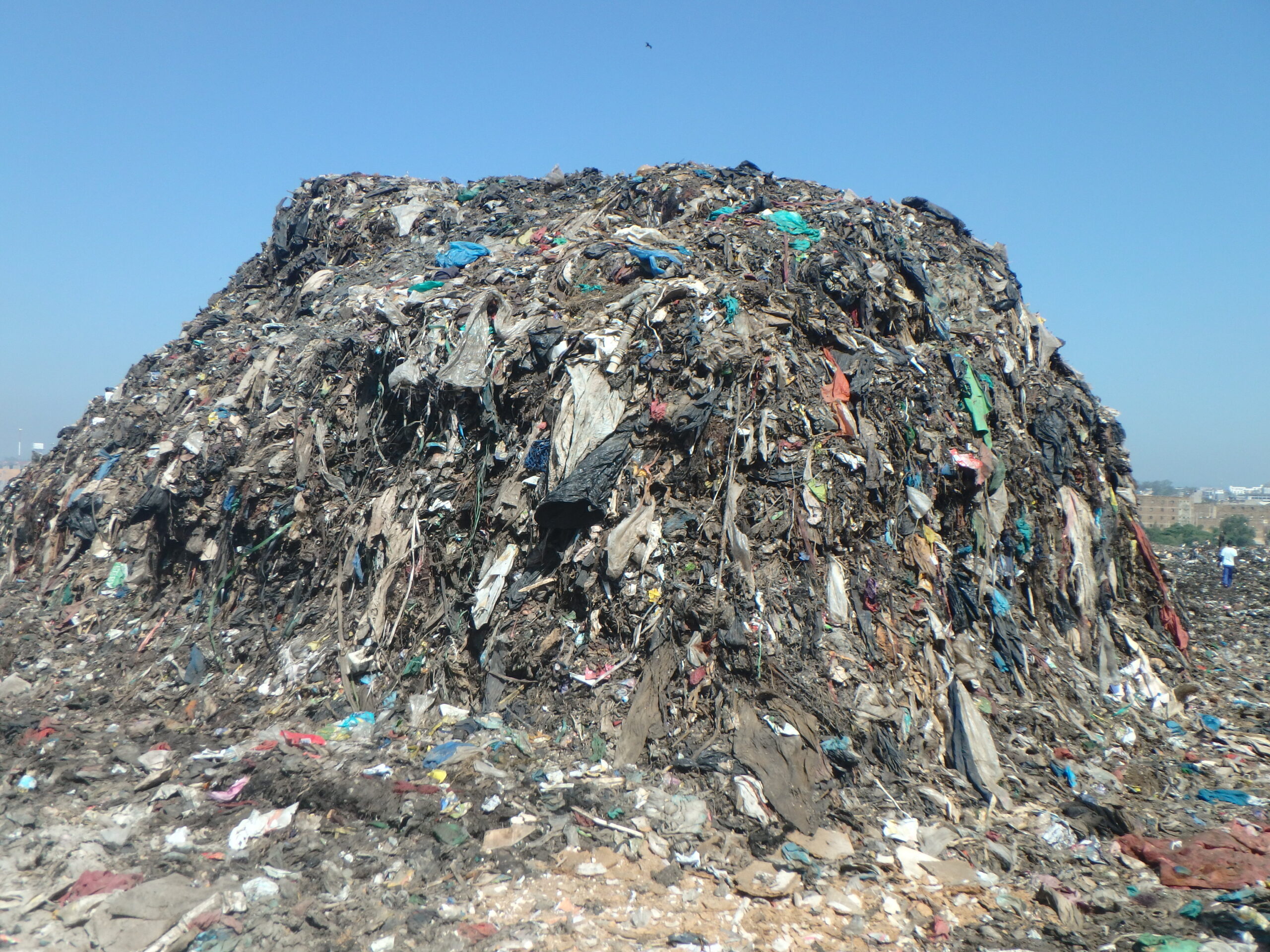
On the other hand, Karin Boomsma, Director of Sustainable Inclusive Business, urged for a change in mindset, terming it as the key to circularity, which was traditionally a part of African culture.
“I am very excited to see more and more resource use, not from a perspective of what we can do with waste but where nothing goes to waste,” Ms Boomsma emphasized.
The same sentiments were echoed by Dr George Njenga, Chief of the Party of USAID Strategic Partnership and Founding Executive Dean of Strathmore University Business School. He accentuated the need for governments to introduce the circular economy concept in schools’ curricula at early stages of education to help learners inculcate it in their socio-cultural values.
“There are only three primary principles associated with this transition to a circular economy: Design out waste and pollution; Keep products and materials in use and Regenerate natural systems. The current education system can indoctrinate in its curriculum, Njenga recommended.
Zero Waste Prospects
The meeting assembled over 300 participants who explored opportunities and strategies for catalyzing the transition toward a circular economy. The forum also provided a platform for in-depth discussions, keynote speeches, panel dialogues, enlightening masterclasses, and a circular innovation expo that yielded insights, connections, and concrete solutions for advancing sustainability.
The Kenya Government, through the Ministry of Environment, Climate Change and Forestry, disclosed that it was in the process of developing a circular economy strategy to guide the nation’s transition to circularity. This means that many African countries are still in the early stages of transition but momentum is growing.
So, Kenya stands a greater chance of improving its economy if citizens practice this regenerative approach, especially in this era where plastics and plastic waste have become a menace.
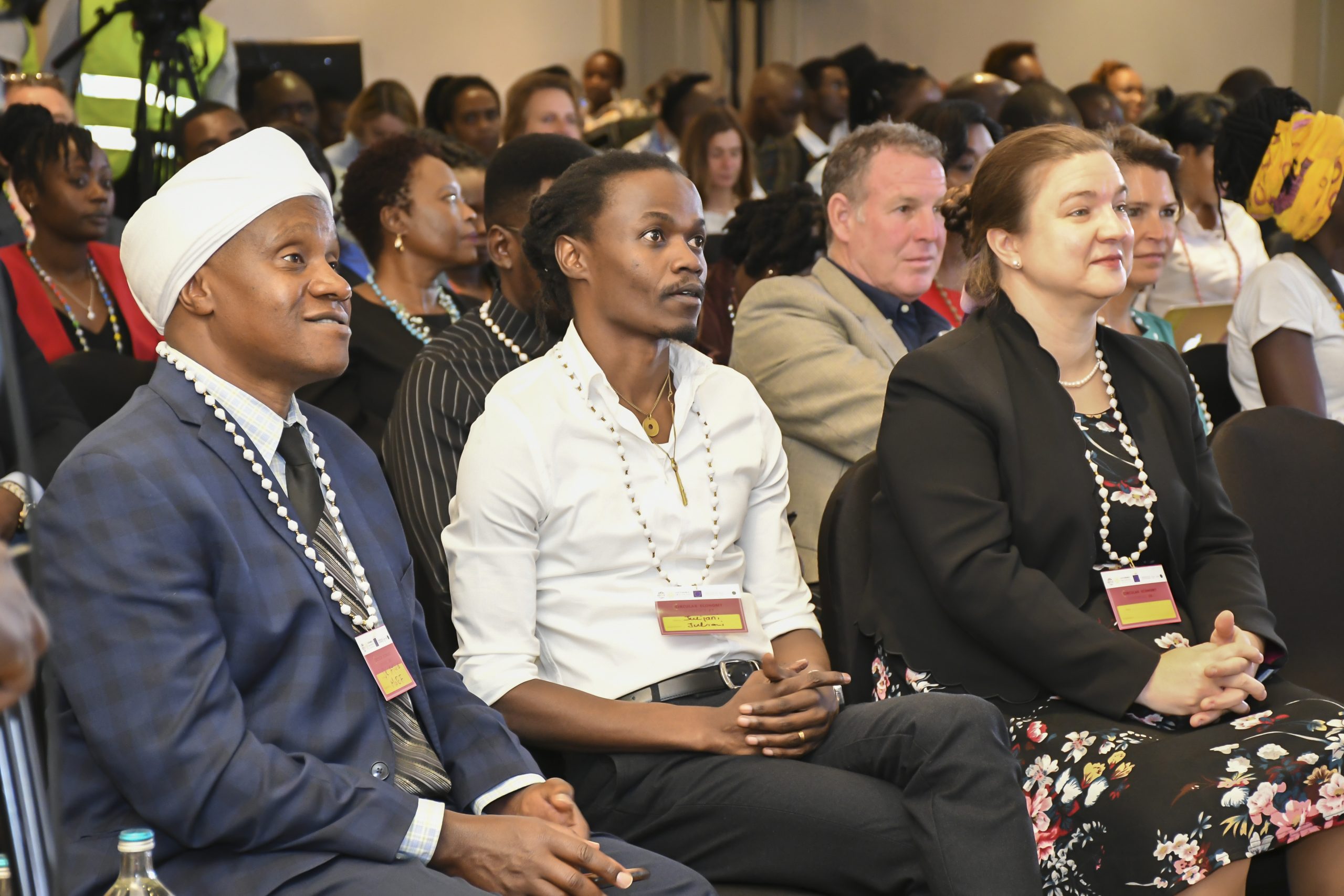
Nila Yasmin an award-winning Ugandan journalist said journalists must strengthen knowledge, scale up ideas gained in the conference, and help communities come up and implement circular-based projects from one community to the other.
In her opinion, journalists will demonstrate to the community how waste is properly segregated and utilized to generate income for the community.
“I think journalists have a responsibility to localize the circular economy in their native languages for communities we represent to comprehend. Through our continuous participation in circular economy activities, we are capable of reintegrating the principles of circular economy at the local scale by adapting it to the societal needs of each community,” Yasmin said.
Unfortunately, the lack of this vital information to most people in the region has created a gap in the African continent among countries. It is for this disconnect that saw intervention of Africa 21 in collaboration with United Nations Conference on Trade and Development (UNCTAD), Anjarwalla & Khanna (ALN Kenya), African Circular Economy Network (ACEN), Kenya Private Sector Alliance (KEPSA), United Nations Human Settlements Programme (UN_HABITAT), Flip Flop Project and UNESCO organized for a seminar to equip Science and Environmental Journalists across Africa on the circular economy concept.
The team Africa 21, journalists acknowledged the privilege of being invited to participate in the whole procedure of learning and knowledge sharing process with members of ACEN and the Legal team; on environmental-related issues and waste management hence turning themselves into strong advocates of the circular economy concept in Africa.













